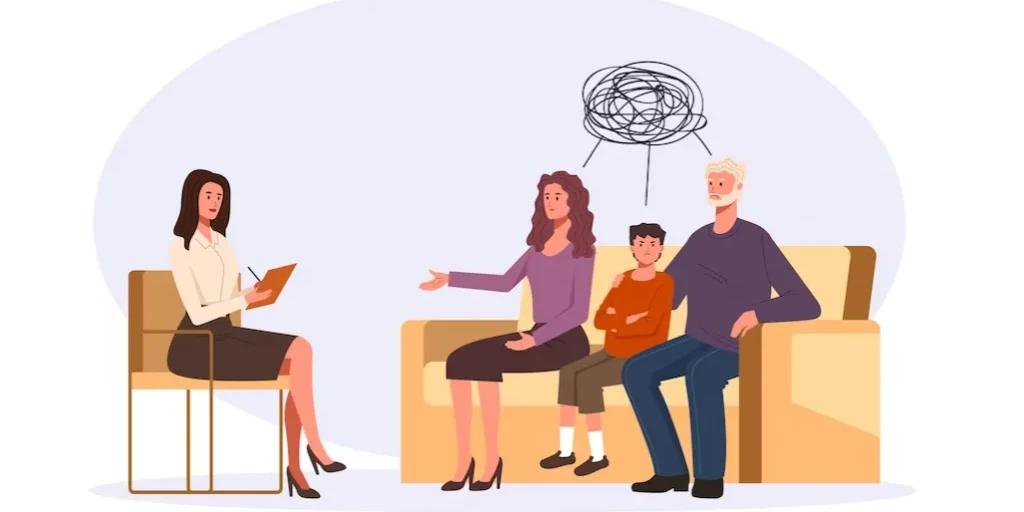24/7 Helpline:
(866) 899-221924/7 Helpline:
(866) 899-2219
Other Insurance Options

Oxford

Anthem

Regence

MVP Healthcare

PHCS Network

CareSource

Amerigroup

Health Net

Highmark

Aetna

Sutter

Lucent

Access to Recovery (ATR) Voucher

CareFirst

Kaiser Permanente

Ambetter

UnitedHealth Group

Premera

Carleon
Beacon































